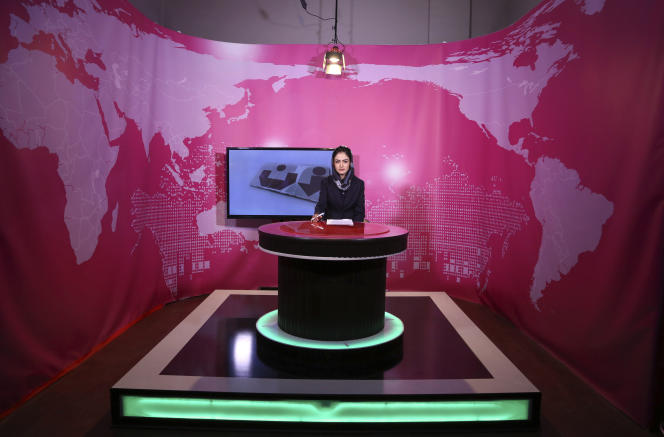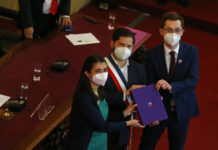They defied the Taliban order to conceal their appearance, thereby submitting to the group’s austere view of Islam. The presenters of the main Afghan television channels chose to go on the air on Saturday, May 21, without covering their faces.
Since returning to power in 2021, the Taliban have imposed a series of insidious restrictions on civil society, many of which are aimed at limiting women’s rights. Earlier this month, the Taliban’s supreme leader issued an order that women must cover themselves fully in public, including the face, ideally with the traditional burqa. Previously, only a scarf covering the hair was enough.
Afghanistan’s dreaded Ministry for the Promotion of Virtue and Prevention of Vice had ordered female TV presenters to comply by Saturday. But female journalists from Tolo News, Shamshad TV and 1TV all went on the air live without concealing their faces.
Taliban Directive Violation
“Our sisters are worried that if they cover their faces, the next thing they will be told is to stop working,” said Abid Ehsas, news chief of Shamshad TV. “That’s why they haven’t respected the order so far,” he told Agence France-Presse (AFP).
Mohammad Sadeq Akif Mohajir, spokesman for the Ministry for the Promotion of Virtue and Prevention of Vice, warned that the women were violating the Taliban directive. “If they don’t comply, we’ll talk to officials,” he told AFP. “Anyone who lives under a particular system and government must obey the laws and orders of that system, so they must enforce the order,” he said.
The Taliban have ordered that women working in government be fired if they fail to adhere to the new dress code. Employees also risk being suspended if their wives or daughters do not comply.
The Taliban regained power in August 2021 announcing a more flexible regime than during their first rigorous reign. But they have, in recent months, begun to repress opposition and erode freedoms, especially for women, in education, work and daily life. They started by requiring that women wear at least a hijab, a scarf covering the head but revealing the face. Then, at the beginning of May, they imposed on them the wearing in public of a full veil, preferably the burqa, already compulsory when they were in power from 1996 to 2001.














